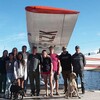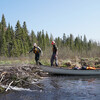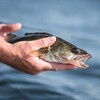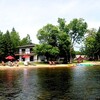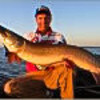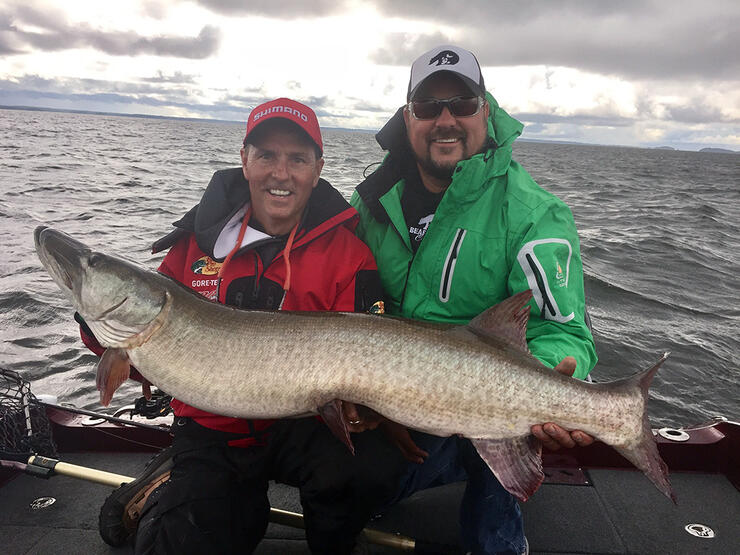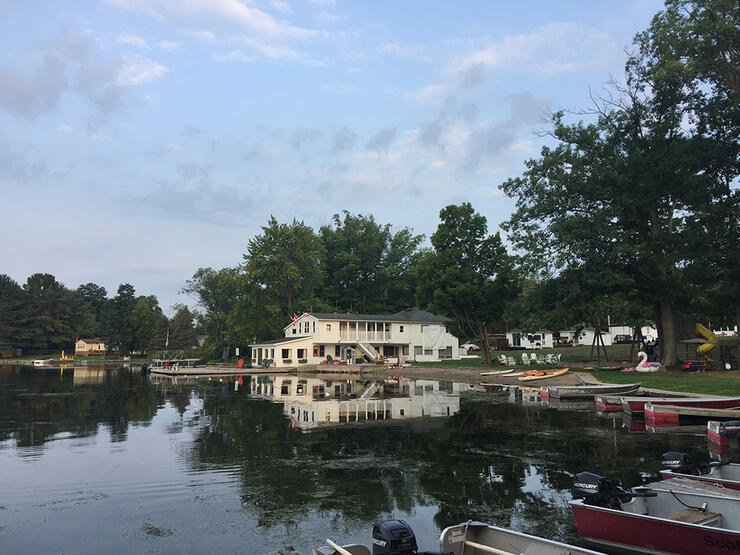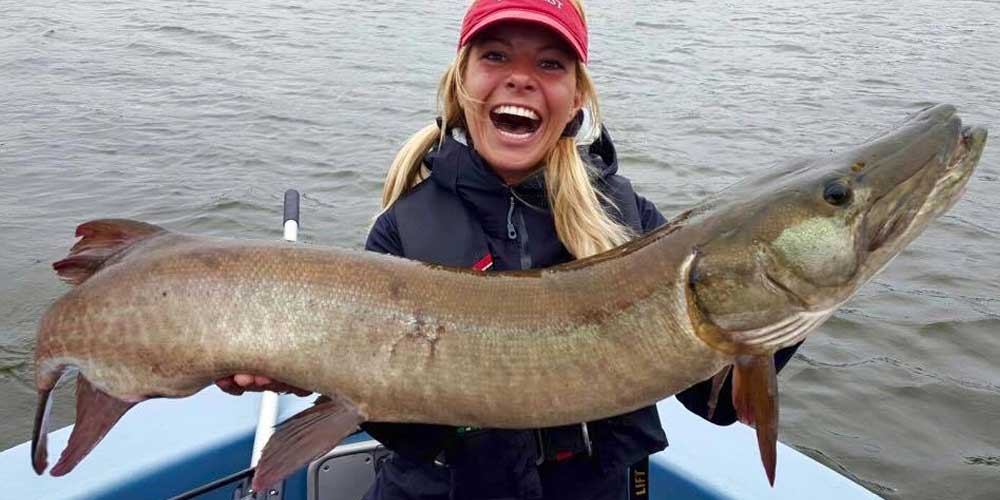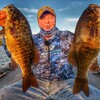
Beasts of the Musky East
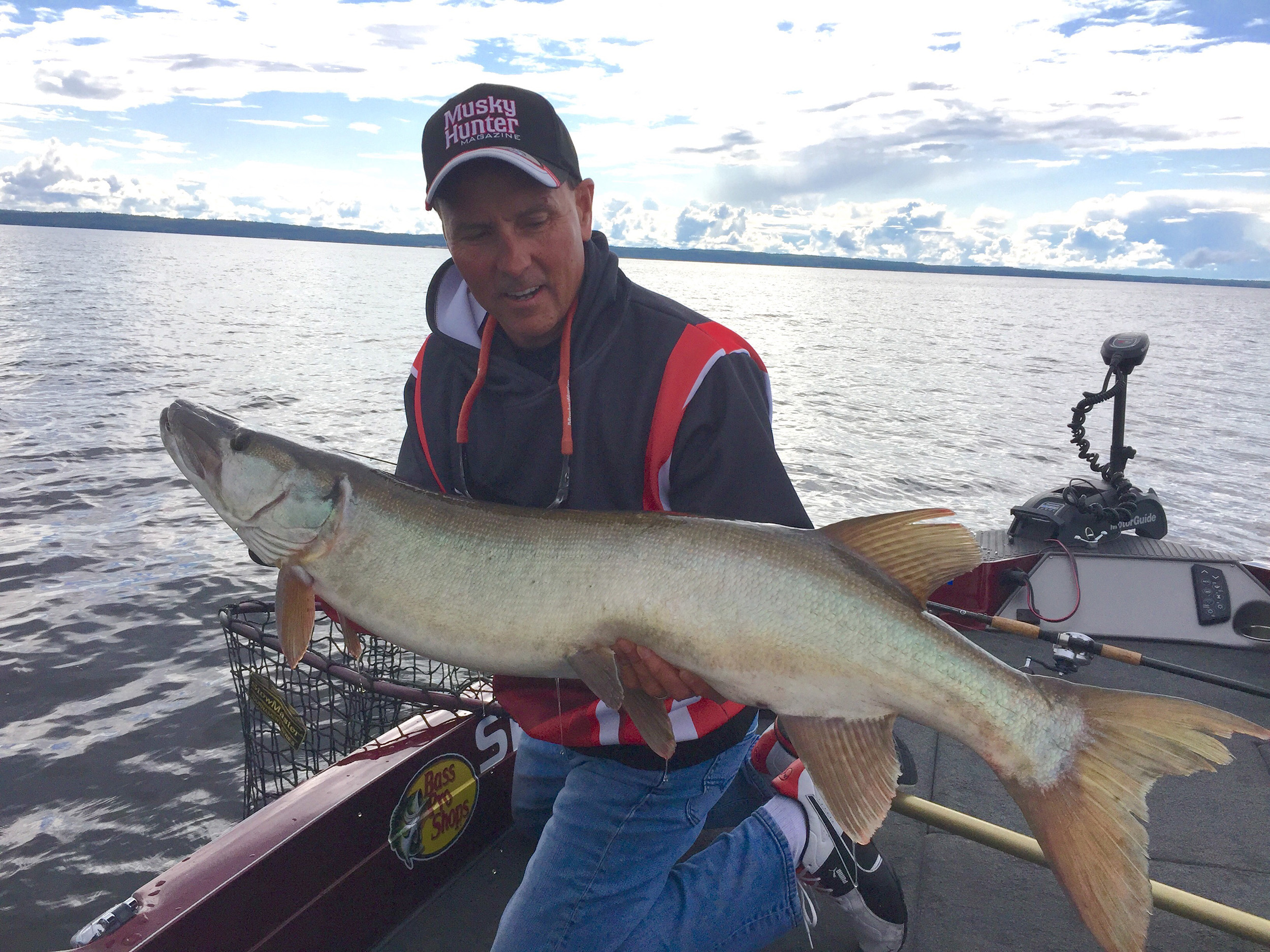
Eastern Ontario, Canada, is known for big waters that hold giant muskies. Many of the Eastern Ontario waters are large, which can present challenges. Although there are many other smaller musky waters scattered throughout the province that produce big muskies, I have always believed that big waters produce big muskies. A few of my favourites throughout Eastern Ontario are Lake Nipissing, the Ottawa River, and the Kawartha Lakes.
Lake Nipissing
Lake Nipissing is synonymous with big muskies. It’s big water, has big spots, and throughout the musky world has a reputation for holding some of the largest muskies throughout Ontario, Canada. Since Lake Nipissing is large, it’s best to stay in a particular section of the lake, learn it and catch muskies. There is no need to travel huge distances, other than to check out the scenery and burn gas. Just remember you’ll be passing a lot of good musky spots on your way to another section of the lake. Some of my favourite places on Lake Nipissing include Bear Creek Cottages in South Bay on the east end, Lunge Lodge on the French River located near the center of the lake and Mashkinonje Lodge located on the west end of the lake. I have filmed episodes of The Musky Hunter television show at all of these lodges and caught muskies across the entire lake.
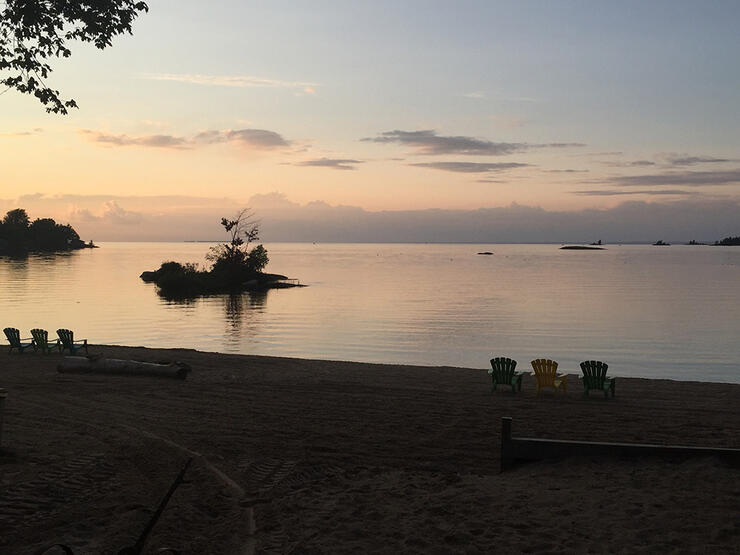
Casting or trolling on Lake Nipissing is best around many of the islands and reefs. You’ll find the islands have a variety of rocky points and lush cabbage beds. The shallow reefs are mostly broken rock and can hold muskies all season long. When casting, focus on the tops of the rocks, but when trolling, work the edges and the area immediately adjacent to the reefs. Keep fishing “good-looking” spots and sooner or later you will contact muskies. As far as lure colours, anything that looks like a perch or walleye is a sure bet. Plus, you can’t go wrong with anything black. I am a big fan of casting large Musky Frenzy bucktails, Posseiden swim baits and Topwater on Lake Nipissing.
Wind can be an issue on Lake Nipissing, but there are many islands and bays that are wind-protected and can salvage the day. So, it’s always good to have some spots close to the lodge. When fishing Nipissing, don’t expect to have a lot of musky follows, as it seems that when you contact them, they want to eat. Keep fishing spots until you contact muskies. If you do have one follow, be sure to return to the spot in the evening or any time there is a weather change.
Ottawa River

The Ottawa River winds 350 miles along the northeast province of Ontario, most of it dividing the provinces of Ontario and Quebec. This boundary water offers tremendous scenic beauty and “whale-size” muskies. The Ottawa River is divided by a series of dams, each creating unique lakes or reservoirs that offer endless musky fishing opportunities. Depending on where you are planning on fishing, you might want to focus your efforts in Pembroke, Arnprior, Ottawa or Hawkesbury. All are general areas that offer different musky fishing opportunities along the Ottawa River.
For more information on accommodations, check out Place-1967. If you need fishing assistance, don’t hesitate to contact pro guide John Anderson, who is an expert on the Ottawa River.
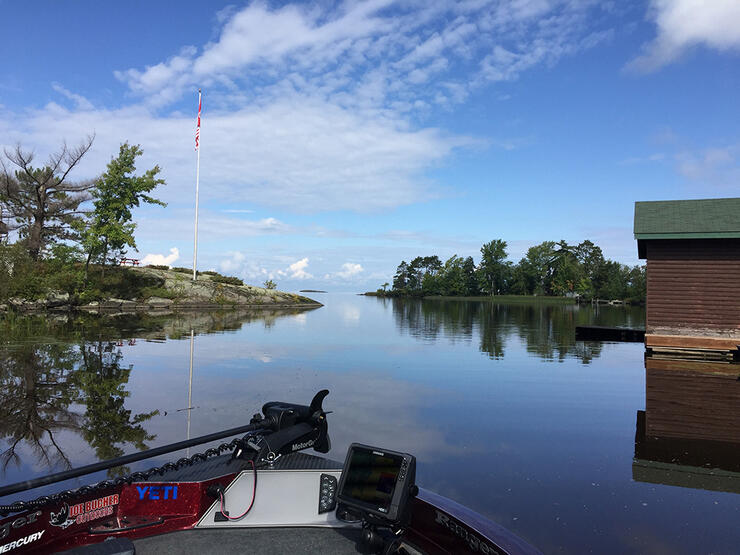
Although each section of the Ottawa River is different, it is also similar. To locate muskies, focus on areas where there are smaller rivers entering the system, a widening of the river, a series of islands, or a bend in the river. These large-scale features can be found along any portion of the Ottawa River and will potentially hold muskies. The incoming creeks and rivers will offer a shallower “delta-like” environment, which is typically fertile and has weed growth. This will hold both baitfish and muskies.
A section of the Ottawa River that suddenly widens will slow the current and typically indicates shallower areas with submerged vegetation. The islands have points on both the upstream and downstream ends, which are potential musky magnets. Finally, anywhere you’ll find a significant bend or series of bends along the Ottawa River is a sure sign you will have a shallow shoal on the inside bend adjacent to a deeper scour-hole on the outside of the bend. This river bend acts as a natural musky migration highway, and any cover on the inside of the river bend will be a temporary stopping point for a musky.
The stained waters of the Ottawa River offer fantastic shallow-water casting opportunities. I prefer to cast large bucktails in black and orange or chartreuse patterns. Also, topwater fishing is fantastic and incredibly exciting. Big minnow baits such as ShallowRaiders also work well. Casting soft plastics such as Medussas in black or walleye patterns along the edges of the cover is also productive.
Kawartha Lakes
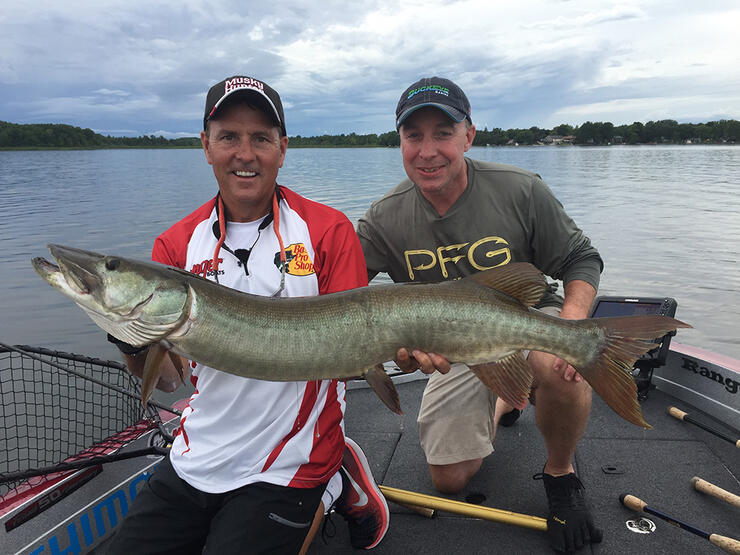
The Kawartha Lakes in southeastern Ontario, Canada, are a great escape with multiple lakes loaded with muskies. One of my absolute favourite places on the Kawartha lakes is Scotsman Point Resort on Buckhorn Lake in the heart of the Kawarthas. I have stayed there and filmed television episodes on Buckhorn, Pigeon and many surrounding Kawartha lakes and have experienced the musky mayhem. The Kawarthas are located approximately 100 miles northeast of Toronto, and consist of 14 lakes that form a major link in the Trent-Severn waterway connecting Georgian Bay in Lake Huron with Lake Ontario. These lakes do produce a few trophy 50-inch class muskies every year, but are most well-known as action waters. If you want to catch your first musky, or actually catch a bunch of muskies, the Kawartha Lakes are the place.
Musky fishing in the Kawarthas is mostly about fishing weeds. If conditions are sunny and bright, focus your efforts along deeper weed edges in 11-18 feet of water. Large soft plastics such as Medussas in both black and walleye patterns, and jerkbaits such as Navins will produce muskies. On such bright days, expect early morning and late evening to be best, which is pretty typical of most musky waters.
During the low-light conditions of morning and evening, or on cloudy days, bucktails will rule. I prefer smaller bucktails such as a Musky Frenzy 8/8 or 8/9 in black and nickel, black/black or chartreuse and black. Also, don’t be afraid to get up on the weed flats or find deeper holes located within a shallow weed flat. The muskies are typically cruising and feeding under low-light conditions, and bucktails are the perfect lure.
Finally, when fishing the Kawartha Lakes, focus on which weed areas are most productive. Ask yourself are the best weeds located along islands, shorelines or humps. Also, there may be a particular weed type holding fish. In all cases, once you figure this out, search for other similar areas and you’ll find muskies.
I love fishing in Eastern Ontario, Canada. It’s challenging, but there is something really exciting in the fact that every cast could produce the largest musky of your lifetime. There are not many places where I can musky fish, and I have to remind myself to stay focused at all times. So, if I have to provide one last piece of advice when fishing these waters, “be ready."
Recommended Articles

Labour Day Lunkers: Why Fall is the Ultimate Time for Lang Lake Bass
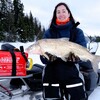
Best WhiteFish Tactics
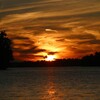
10 Facts About Lake of the Woods
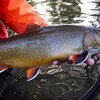
Wild Brook Trout
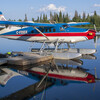
A Guide to Fly-in Ontario Lodges
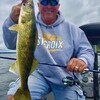
3 Great Ontario Walleye Destinations
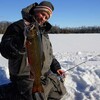
Shoreline Strategies
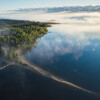
Fly-in Fishing
Ontario Brook Trout
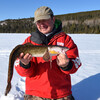
A Whole Lota Lovin'
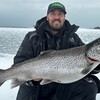
Spring Has Sprung
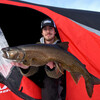
Get Hooked on Ice Fishing
Irregular Lake Trio
Fishing and Foraging
Top 5 Wet flies for Brook Trout
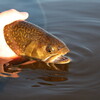
Top 10 Streamers for Ontario Brook Trout
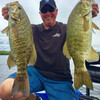
Chiblow Lake Smallmouth Adventures
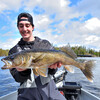
The Spin on Early Season Walleye
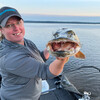
Become a World-class Fishing Guide
